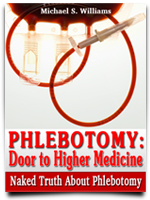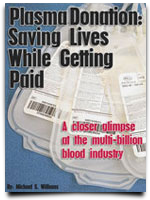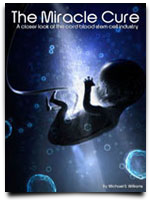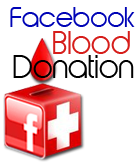Many hospitals in the Los Angeles area participate in both private and public cord blood donation and storage systems. It is up to the expectant mother to decide if she wishes to bear the lifelong cost of a private storage facility or to make her baby’s cord blood available to research and needy patients at large.
It is not a small choice and is best made with advice from the doctor and cord blood donation center.
UCLA Umbilical Cord Blood Bank
The mission of the UCLA Umbilical Cord Blood Bank is to support patients in need of a bone marrow transplant by banking umbilical cord blood from a variety of ethnic groups with continuing quality improvement and in an environment that fosters research.
Participating hospitals include UCLA, Cedars-Sinai, Long Beach Memorial, Garfield, and Daniel Freeman. Expectant mothers interested in donating cord blood to the program, please send them an email at UCLACord@mednet.ucla.edu and put “Donor” in the subject line.





Cord Blood Banking Facebook
Blood Donation Twitter